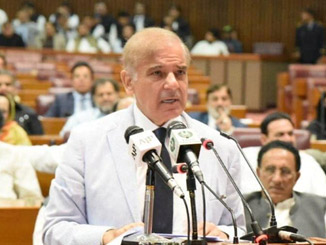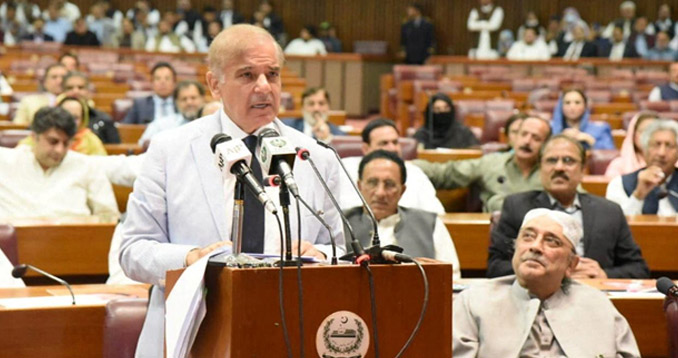

Shehbaz Sharif,70, has been elected Prime Minister Pakistan following a no-confidence vote in parliament against Imran Khan, sparking street protests and a mass resignation of MPs from Khan’s Pakistan Tehreek-e-Insaf party in protest.
If the resignations are accepted by the speaker, Pakistan faces a prospect of more than 100 by-elections within two months, a major distraction for Sharif and his coalition partners and a potential platform for Khan to mobilize his support.
Sharif, who orchestrated the no-confidence vote, has a reputation domestically as an effective administrator more than as a politician. He is the younger brother of three-time prime minister Nawaz Sharif. He is said to have amicable relations with Pakistan’s military, which traditionally controls foreign and defense policy. He will remain Prime Minister until elections in August 2023.
Sharif emerged as the leader of a united opposition to topple Khan, a former cricket star who has claimed that the United States was behind his downfall, an assertion that Washington denies.
Sharif said in an interview last week good relations with the United States were critical for Pakistan for better or for worse, in stark contrast to Khan’s prickly ties to Washington.
In his maiden speech, he also spoke of improving relations with neighbours India and China.
“We want good relations with India but a durable peace can’t be possible without Kashmir’s solution,” he said, referring to the contested Himalayan territory the countries have fought several wars over.
He said his government will speed up construction of the $60 billion China-Pakistan Economic Corridor (CPEC) – a part of Beijing’s Belt and Road Initiative.

Leave a Reply